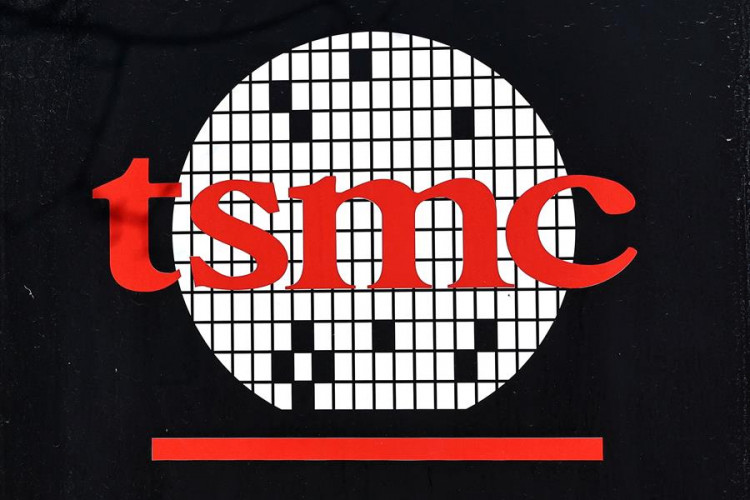Taiwan Semiconductor Manufacturing Co. (TSMC), the world's premier contract chipmaker, has experienced a notable surge in its monthly revenue, the most rapid since November 2022, primarily fueled by the burgeoning demand for artificial intelligence (AI) chips. March saw the company's revenue climb to NT$195.2 billion ($6.1 billion), a significant 34.3% increase from the previous year, with the first quarter's total reaching NT$592.6 billion, up 16.5% year-on-year.
TSMC, known for manufacturing chips for tech giants such as Apple and Nvidia, is at the forefront of the AI revolution, with its semiconductors playing a crucial role in the development of AI applications. This AI boom has intensified competition in the semiconductor industry, with companies like AMD and Intel unveiling rival AI chips, alongside numerous startups entering the fray, many of which rely on TSMC for manufacturing.
The company's stock has seen a remarkable upswing, with a nearly 40% increase year to date, reflecting investor confidence in the sustained demand for AI chips. This optimism is underpinned by TSMC's own projections, which in January stated that AI revenue is expected to grow by 50% annually. Analysts are also forecasting a substantial 23.7% increase in TSMC's total revenue for the year, following a downturn in 2023.
Adding to TSMC's growth trajectory is the federal CHIPS and Science Act in the U.S., from which TSMC is set to receive $6.6 billion in grants and up to $5 billion in loans. This funding will support TSMC's ambitious chipmaking hub in Phoenix, Arizona, with two facilities slated to start production in 2025 and 2028, respectively. A portion of this investment will be allocated to constructing a third facility dedicated to producing chips with 2-nanometer or more advanced technology, significantly enhancing the U.S.'s capacity to produce advanced chips.
This strategic expansion aligns with the Biden administration's goal to increase the U.S.'s share of global advanced chip production to 20% by 2030, up from the current figure of less than 10%. TSMC's investments in the U.S. not only signify a shift in the geopolitical landscape of chip manufacturing but also underscore the critical role of AI chips in driving the next phase of technological advancement.
As TSMC navigates this period of intense growth and competition, its strategic moves, backed by significant financial investments, are set to solidify its position as a key player in the global semiconductor industry, powering the AI innovations that will shape the future of technology.





